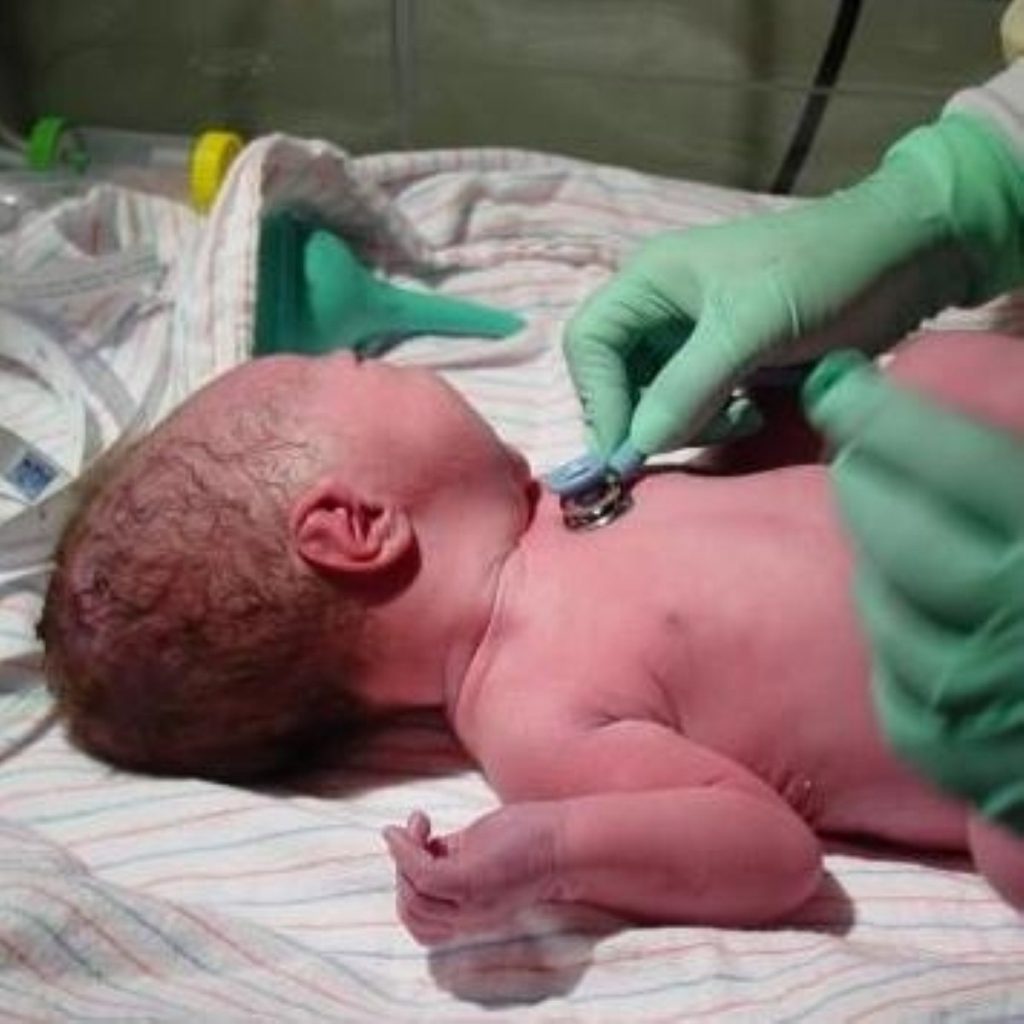‘Unacceptably’ high rate of preventable maternal mortality
The deaths of hundreds of thousands of women in pregnancy and childbirth could be prevented, the World Health Organisation argues.
A woman living in sub-Saharan Africa has a 6% chance of dying in pregnancy or childbirth according to new findings from WHO, UNICEF and UNFPA (United Nations Population Fund). This compares with a 0.04% risk for a woman from a developed region.
The agencies explain that previous maternal health programmes show much of this death and suffering would be alleviated if all women had help from a skilled health worker during pregnancy and delivery, and access to emergency medical care when complications arise.
The report suggests most maternal deaths occur as the result of delays, either in recognising complications, in reaching a medical facility or in receiving good quality care. Addressing these issues will save the lives of mothers and babies, it is argued. Further, high quality facility planning education and services would also have a beneficial impact.


‘Many women deliver their children alone, with family members or other untrained attendants who lack the skills to deal with complications during delivery,’ relates World Health Organisation head Dr Lee Jong-wook.
‘Skilled attendants are vital because they can recognise and prevent medical crises and provide or refer for life-saving care when complications arise. They also provide mothers with basic information about care for themselves and their children before and after giving birth.’
Reducing maternal mortality is a key factor in ensuring that children survive and thrive through adolescence, particularly in the world’s poorest countries, the bodies claim. The death of a mother has a serious impact on the survival chances of her older progeny.
Of the estimated 529,000 maternal deaths that occurred in 2000, 95% occurred in Africa and Asia, while only 4% occurred in Latin America and the Caribbean, and less than 1% in the more developed regions of the world.

